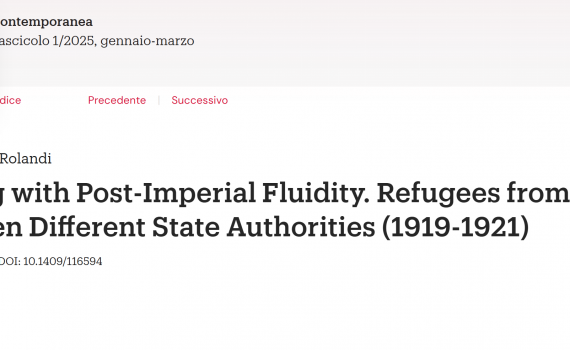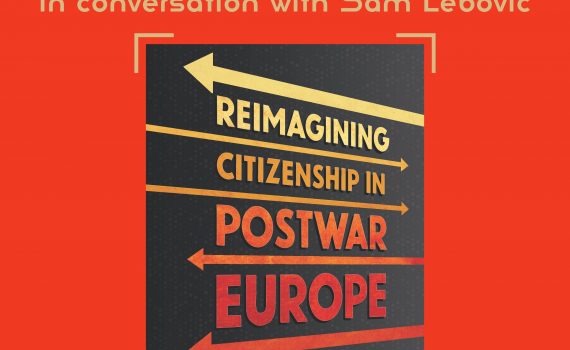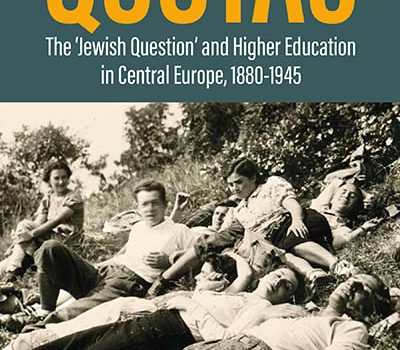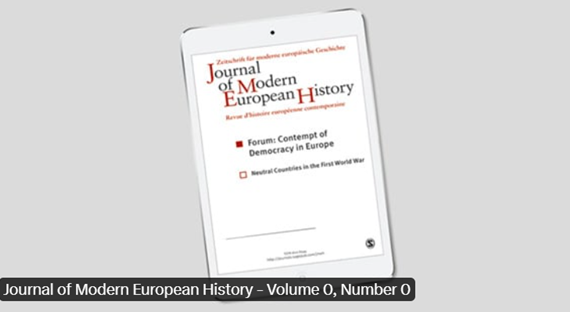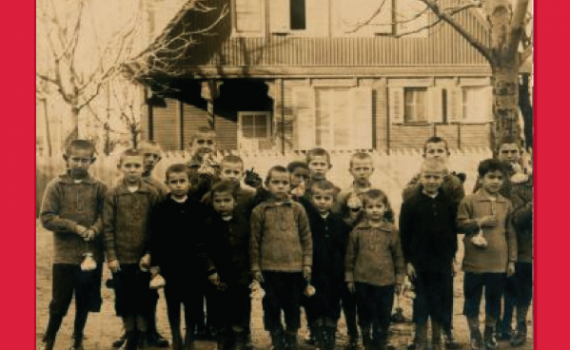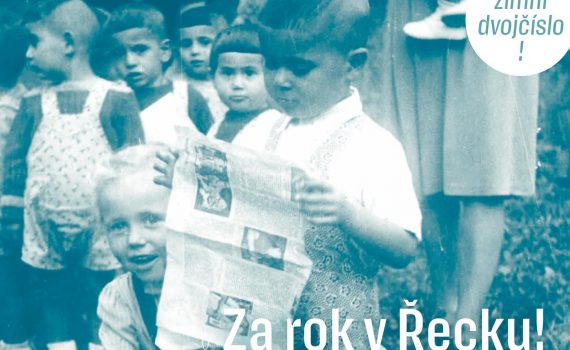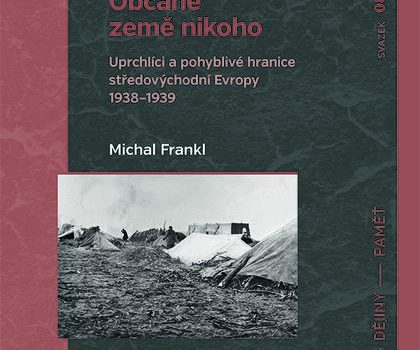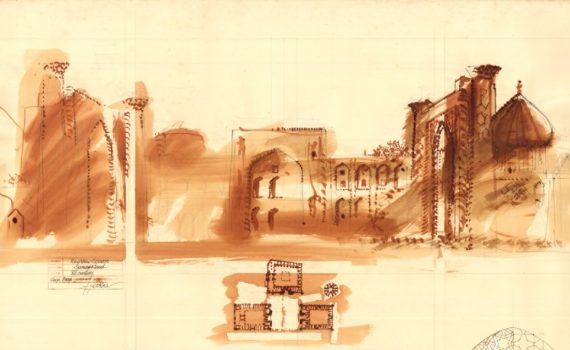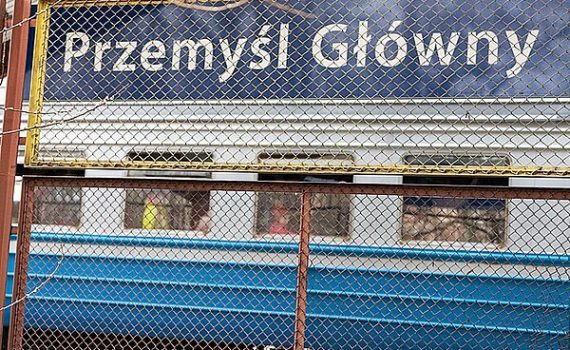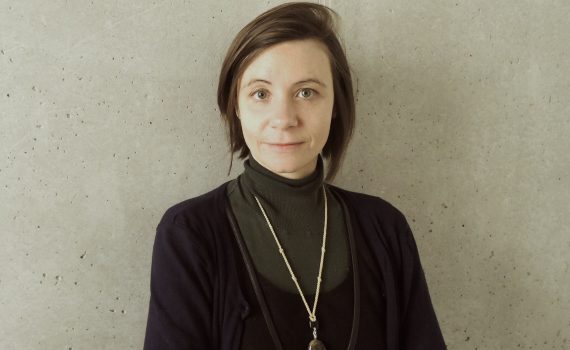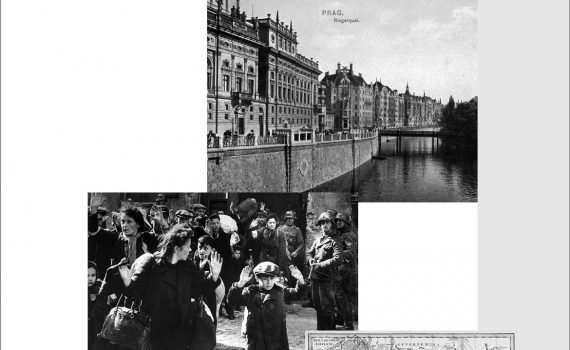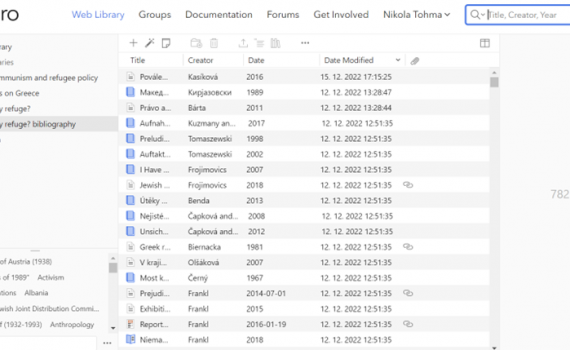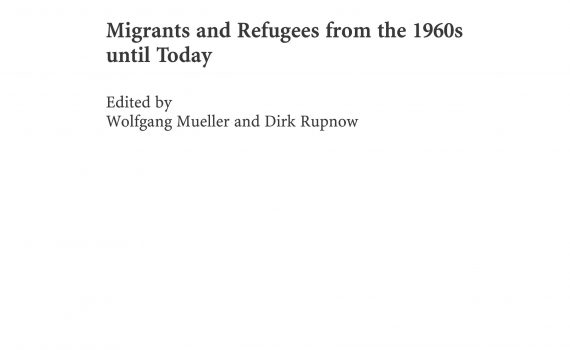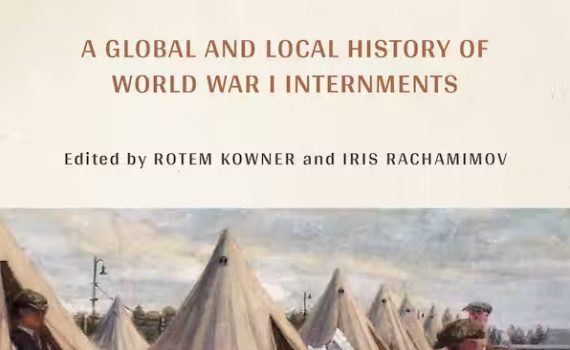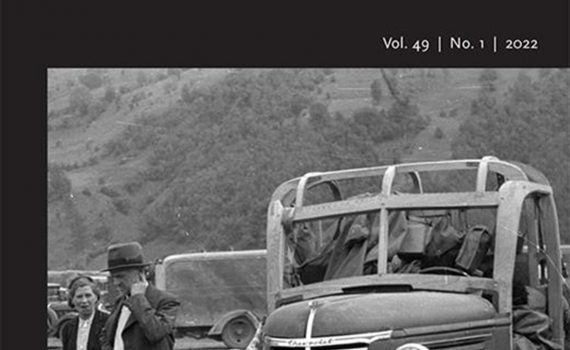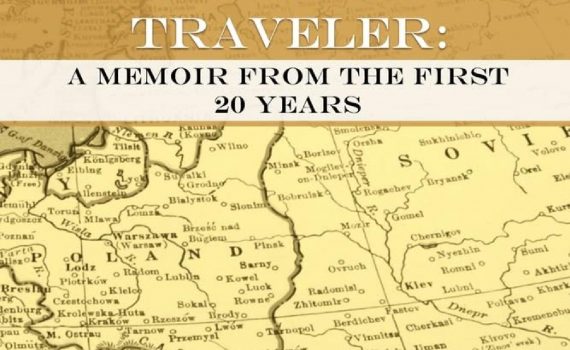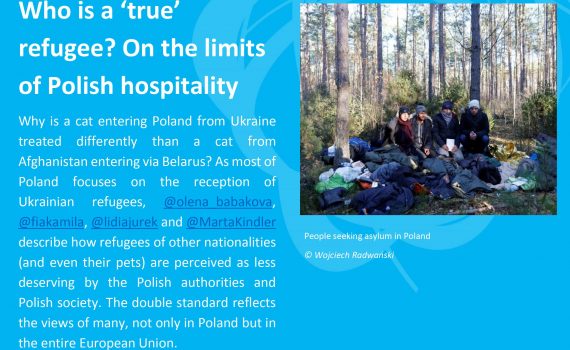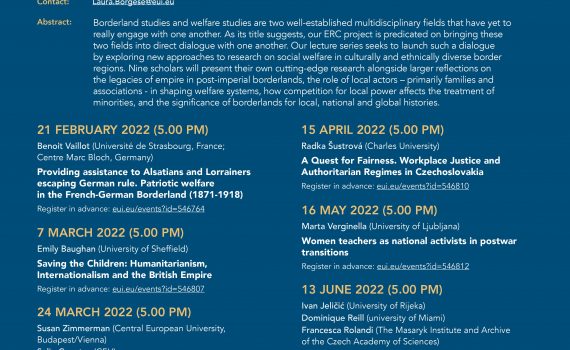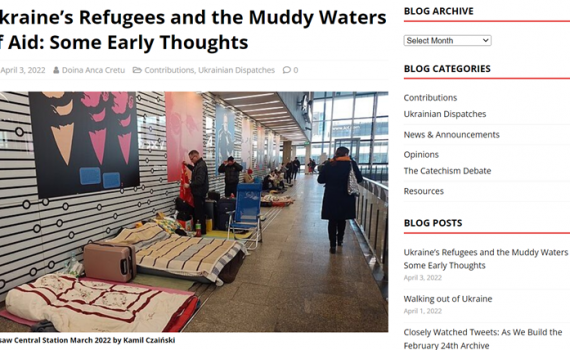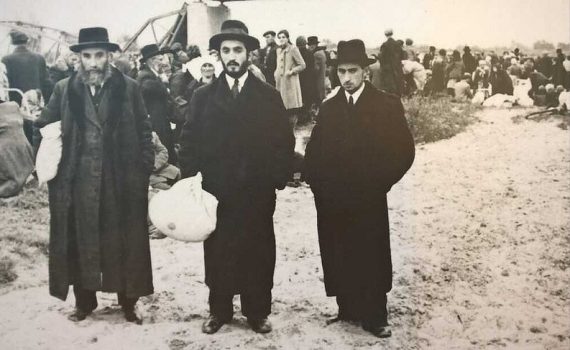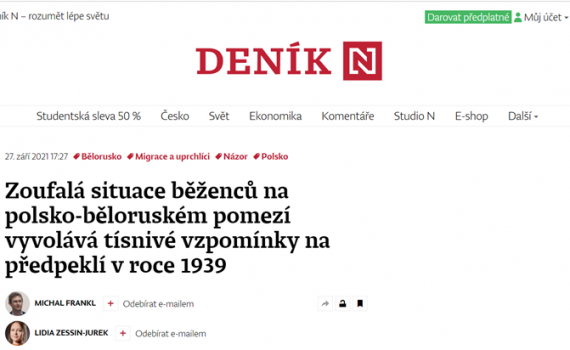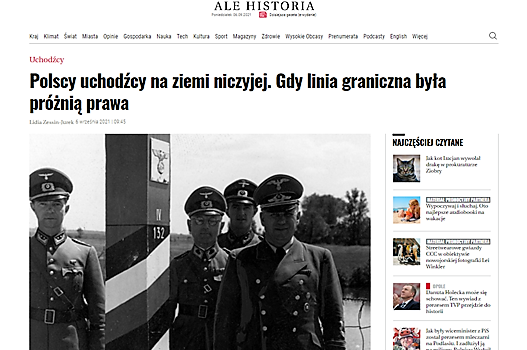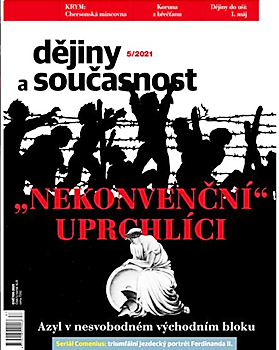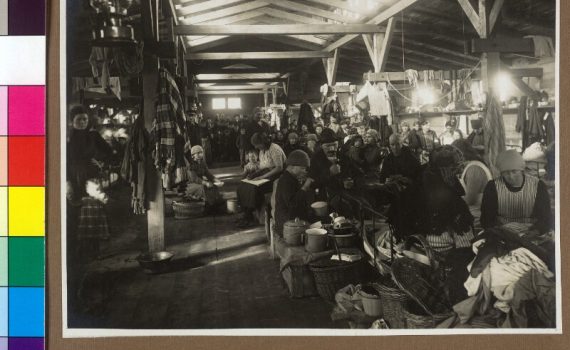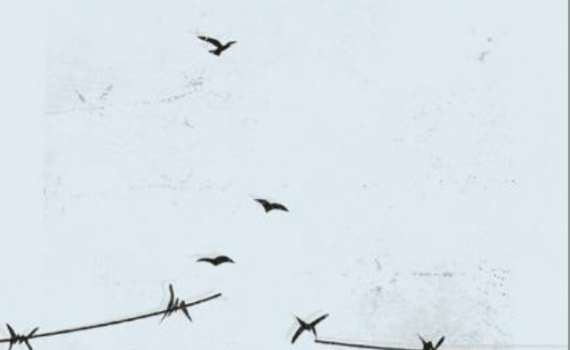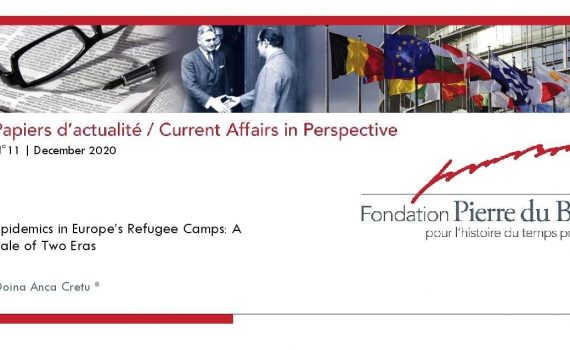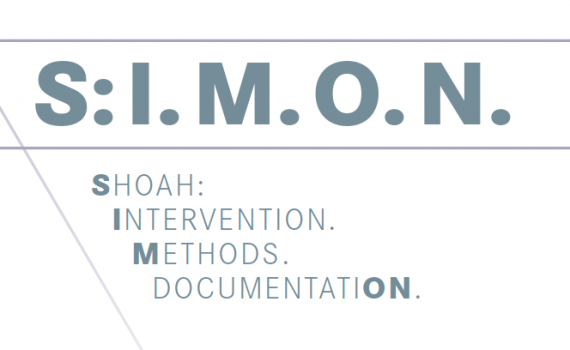Francesca Rolandi, Coping with Post-Imperial Fluidity. Refugees from Fiume between Different State Authorities (1919-1921), in “Contemporanea, Rivista di storia dell’800 e del ‘900” 1/2025, pp. 35-58, doi: 10.1409/116594 This article explores the episode that saw a number of pro-Yugoslav individuals escaping Fiume during D’Annunzio’s rule and seeking refuge in the […]
Publications
We are pleased to share the information that our colleague Francesca Rolandi has just published her article Yugoslavia is (not) a Refugee Country? Refugees between Transit and Integration in an Ever-Changing Socialist State in the Nationalities Papers. The text is available as open-access! Throughout the Cold War, Yugoslavia was the […]
The recently published collective volume Reimagining Citizenship in Postwar Europe (ed. R. Chin – S.C. Huneke; Cornell University Press 2025) features a book chapter on citizenship and statelessness of Greek Civil War refugees in Czechoslovakia, written by the UnRef team member Nikola Tohma. Reimagining Citizenship in Postwar Europe maps the generation and […]
Doina Anca Cretu published her new open-access article entitled “War is destructive, but it reconstructs anew…:” Refugee Education and State Consolidation in Imperial Austria during the First World War in the Nationalities Papers (2024). The article explores aspects of the organization of refugee education in imperial Austria during the First […]
In the new issue of the journal “Migration Studies – Review of Polish Diaspora” (Studia Migracyjne), devoted to the situation of refugees on the Polish-Belarusian border (edited by Natalia Judzińska and Mateusz Krępa), Lidia Zessin-Jurek contributed an essay on the challenges of communicating the protracted “crisis” in an era where […]
Doina Anca Cretu has published her new article entitled Childhood, Experience, Encampment: The Case of Italian-Speaking Refugees in Austria–Hungary During the First World War in the Journal of Contemporary History (2024). This article seeks to uncover and understand children’s experiences in the confining spaces of the refugee camp in Austria–Hungary […]
Ágnes Katalin Kelemen has published her chapter “Next Year in Brno? Brno’s Significance for Hungarian Jews in the Age of the Numerus Clausus and Beyond” as part of the edited volume Quotas: The “Jewish Question” and Higher Education in Central Europe, 1880-1945 (ed. Michael L. Miller and Judith Szapor). Book […]
Michal Frankl published his new article entitled “Vast Workshop and Laboratory: Labor and Refugees to the Bohemian Lands and Czechoslovakia, 1914–39” in the Austrian History Yearbook (2024). As a part of the conversation in the forum “Austria and the Czech Republic as Immigration Countries: Transnational Labor Migration in Historical Comparison” […]
Nikola Tohma published her article entitled “The Role of Martyrdom and Victimhood in the Memory of the Greek Civil War Refugees in Czechoslovakia through the Prism of ‘Refugee’ Literature” as part of a special issue of the Journal of Modern European History on Mass Atrocities in Southeast Europe, edited by […]
Read the new open-access article by Francesca Rolandi entitled “Genuinely Anti-Communist, Tactically Anti-Fascist. Framing Refugeedom in Interwar Yugoslavia (1918–1935)”, published in the recent issue of the Godišnjak za društvenu istoriju. This article looks at how the Yugoslav state-making process affected the country’s attitude toward refugees, and it describes the challenges […]
Nikola Tohma published her article “As if we were princes.” Greek children in Czechoslovakia and their perception of their stay in children’s homes in the Czech public history journal Dějiny a současnost (no. 1-2, 2024). The text is part of a special issue commemorating the 75th anniversary of the arrival […]
The International Review of Social History published the article “Like we would help brothers or sisters”? Practising Solidarity with Greek Civil War Refugees in Socialist Czechoslovakia and the GDR in the Shadow of World War II co-authored by UnRef researchers Nikola Tohma and Julia Reinke. The article investigates the solidarity […]
The Principal Investigator of the ERC Project Unlikely Refuge? Michal Frankl has published his book entitled Občané země nikoho. Uprchlíci a pohyblivé hranice středovýchodní Evropy 1938-1939 (in Czech, Citizens of No Man’s Land. Refugees and Moving Borders of East Central Europe, 1938-1939). At the end of the 1930s, groups of […]
A new article by Lidia Zessin-Jurek has been published in the Journal of Genocide Research on 14 June 2023 (https://doi.org/10.1080/14623528.2023.2221552) During World War II, tens of thousands of Polish Jewish refugees spent several years in Soviet Central Asia. Yet, little of the intriguing character of the Silk Road remains in […]
Amidst Russia’s war against Ukraine and against the backdrop of an often contentious and politicized shared history, Poland has demonstrated extraordinary solidarity with Ukraine, welcoming and helping thousands of refugees. Lidia Zessin-Jurek’s article discusses how various Polish memory frames have affected public attitudes towards the Ukrainian refugees and how in […]
The UnRef team member Francesca Rolandi published her new article titled “Shaping the nation through social work. Aid organizations for Istrian refugees in interwar Yugoslavia” in Italian in the «Qualestoria» journal, no. 2 (December 2022). The full text can be downloaded here Abstract: This article looks at the network of […]
The Unlikely Refuge? (UnRef) team members contributed to the thematical issue of the Journal of East Central European Studies (ZfO/JECES), Vol. 71 No. 4 (2022), entitled East Central Europe as a Place of Refuge in the Twentieth Century: State and Patterns of Historical Research. The individual contributions can be accessed […]
The Unlikely Refuge? project team has published an online and open-access searchable bibliographical database of existing literature relating to research on migration and refugeedom in East-Central Europe, namely Poland, Hungary, Austria, Czechoslovakia, Yugoslavia, and their successor states, during the 20th century. You can access the bibliographical database via Zotero by […]
A new article by Francesca Rolandi (Unlikely Refuge?) has been just published in the recent Historijski zbornik, Vol. 75 No. 1, 2022, entitled “Who is in and who is out? Escapes, expulsions, and the creation of new boundaries during D’Annunzio’s rule in Fiume (1919-1920)”. This article aims to tackle one […]
Maximilian Graf published his article entitled “Humanitarianism with Limits: The Reception of Refugees from the Global South in Austria in the 1970s” in the recent special issue of the Zeitgeschichte journal. The volume was edited by Wolfgang Mueller and Dirk Rupnow and focused on “Migrants and Refugees from the 1960s […]
The UnRef’s research fellow Doina Anca Cretu published her chapter entitled Securitized Protection: Health Work and the Making of Refugee Camps in Wartime Austria-Hungary in the new book edited by Ritem Kowner and Iris Rachamimov (Cornell University Press, 2022). For full text click here. Read more on Out of Line, […]
Abstract This article explores the development of modern refugee camps in Austria-Hungary during the First World War by looking at the organization and implementation of child assistance in the camps. The article argues that a state-driven mobilization of relief and rehabilitation was organized to alleviate the plight of refugee children. […]
The recent issue of the Hungarian Studies Review (Vol. 49, Issue 1, July 2022) features two publications by the members of the Unlikely Refuge? team. The UnRef PI Michal Frankl published his article entitled “Mobilizing National History against Refugees: A Czech Polemic on Migration”. His text analyzes the radical anti-migration […]
In this interpretation of his family’s refugee trajectory of survival, Yoram Eckstein touched upon the questions of fate and the room for maneuver within the context of the Second World War and the Holocaust, in which European Jewry found itself: Could Jews really decide their fate? […] It is also […]
In the Western public imagination, there is a certain image of a refugee deserving of our help: poor rather than rich, a woman rather than a man, frail rather than healthy. At the same time, the “ideal refugee” is supposed to be very similar to us, which would make it […]
Together with Ivan Jeličić (University of Rijeka) and Dominique Reill (university of Miami), UnRef’s Francesca Rolandi will discuss their recently published article within the EUI seminar series Social Politics in European Borderlands. The title of the paper is “Redefining Citizenship after Empire: The Rights to Access Welfare, to Work, and […]
The UnRef’s Doina Anca Cretu published an article titled “Ukraine’s Refugees and the Muddy Waters of Aid: Some Early Thoughts” as part of the New Fascism Syllabus’ blog series Ukrainian Dispatches. You can access the full text here in English.
After pushing back Middle Eastern refugees into the forests on its northern border with Belarus, Poland is now welcoming an unprecedented number of displaced Ukrainians. Deep racial and gender stereotypes are at play in this double standard, and an idea of heroic patriotism that doesn’t understand the people who don’t […]
Images of refugees being trapped at the eastern Polish border have evoked memories of another time: in 1939, Polish Jews fleeing from Nazi-occupied Poland eastwards were denied entry to the Soviet Union and were stuck right at the same place as people today, along the river Bug. Reflecting on the […]
Michal Frankl and Lidia Zessin-Jurek (Unlikely Refuge?) co-authored a short article titled “Desperate Situation of Refugees in the Polish-Belarusian Borderland Brings Back Gloomy Memories of the 1939 Limbo.” The text was published online in Czech by Deník N on 27 September 2021. You can access it here.
Lidia Zessin-Jurek (Unlikely Refuge?) wrote an article titled “Polish refugees in no man’s land. When the borderline was a legal vacuum” (in Polish Polscy uchodźcy na ziemi niczyjej. Gdy linia graniczna była próżnią prawa). The text, which deals with refugees trapped in no man’s land on the German-Soviet border in […]
The Unlikely refuge? (UnRef) team members contributed to the latest issue of the Czech public history journal Dějiny a současnost (The History and the Present). Under the title “Unconventional” Refugees, among others, they attempt to draw attention to the often-neglected topic of refugees to socialism, which fell out of the scope […]
The Unlikely Refuge? team member Doina Anca Cretu published an essay titled “A Regime of Immobility” in the History Workshop journal. Can refugee assistance become a way to contain? Doina Anca Cretu explores how those fleeing Austria-Hungary’s peripheries in the First World War could also be immobilised, as they were […]
While emigration of the bulk of German-speaking Jews merged into the paradigmatic of the refugee phenomenon, wartime refugeedom of Polish Jews is perceived as a delayed and marginal attempt to save one’s life. The possible reasons for these interpretative differences are analysed in the article by the Unlikely Refuge? member […]
Doina Anca Cretu, the member of the Unlikely refuge? ERC research project, published a short article titled “Epidemics in Europe’s Refugee Camps: A Tale of Two Eras.” Her text was released in the last issue of the Papiers d’actualité/Current Affairs in Perspective (No. 11, December 2020), issued by the Pierre […]
The Unlikely Refuge? ERC project’s Principal Investigator Michal Frankl published his new article titled “Citizenship of No Man’s Land? Jewish Refugee Relief in Zbąszyń and East-Central Europe, 1938–1939” in the last issue of the S:I.M.O.N. Shoah: Intervention. Methods. Documentation (02/2020), the open-access journal of the Vienna Wiesenthal Institute for Holocaust […]
Frankl, Michal. ‘Země nikoho 1938. Deportace za hranice občanství’. Forum Historiae 13, no. 1 (2019): 92–115. https://doi.org/10.31577/forhist.2019.13.1.7Output of the Czech Science Foundation project No. GA18-16793S. In November 1938, following the First Vienna Award and the loss of Southern Slovakia, the leadership of the autonomous Slovakia triggered the deportations of thousands […]
The last issue of S:I.M.O.N. – Shoah: Intervention. Methods. DocumentatiON (2018/2), the open-access journal published by the Vienna Wiesenthal Institute for Holocaust Studies, includes a section on refugees in East-Central Europe prepared by guest editors Michal Frankl and Wolfgang Schellenbacher. The articles, listed below, originate from the workshop “Refugees and […]
